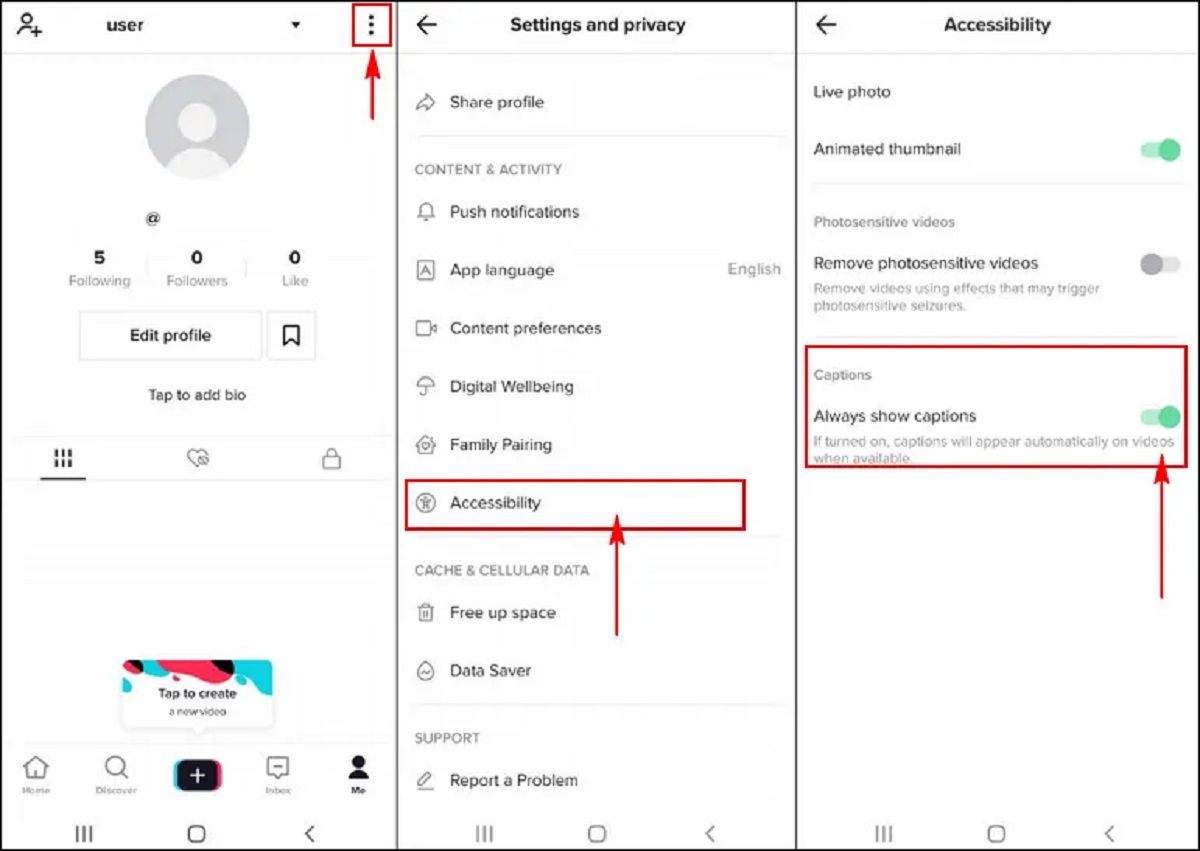In a recent report released by the Center for Countering Digital Hate (CCDH), alarming findings have shed light on the skyrocketing popularity of steroid content on TikTok, particularly among the male youth. This trend not only exposes vulnerable teenagers and young men to potentially dangerous and illegal substances but also perpetuates unrealistic body image standards.
Key Takeaway
A significant rise in the promotion of steroid content on TikTok has been identified, primarily targeting young males and promoting dangerous substances. This alarming trend requires urgent action from both platforms and regulatory bodies to protect vulnerable users from the potential risks of these drugs.
Explosive Growth in Steroid Content
The CCDH researchers discovered that videos tagged with hashtags related to steroid-like drugs have garnered an astonishing 580 million views among American users over the past three years. Although data for viewers under the age of 18 is not available, the majority of these views come from young males between the ages of 18 and 24.
A Crisis Among Young Men
While much attention has been given to the impact of harmful content on young women and girls, CCDH CEO Imran Ahmed emphasizes that there is a growing crisis specifically targeting young boys and men. Toxic ideologies surrounding masculinity, strength, and misogyny are being amplified by unaccountable algorithms and feeding into the dangerous steroid culture.
The Scope of Steroid-Like Drugs
It is essential to clarify that the substances in question are referred to as “steroid-like drugs” instead of “performance-enhancing drugs” to prevent misleading connotations. The report examines several substances, including anabolic-androgenic steroids, peptides, and Selective Androgen Receptor Modulators (SARMs).
The FDA’s Warning
In April, the U.S. Food and Drug Administration (FDA) issued a warning regarding the use of steroid-like drugs among adolescents and young adults, highlighting the influence of social media influencers. The FDA expressed concern over the adverse effects of these drugs, particularly the increased risk of heart attacks, infertility, and psychosis associated with SARMs.
The Legal Status and Loopholes
Anabolic-androgenic steroids require a prescription in the United States, while peptides and SARMs are illegal when marketed as dietary supplements. Despite regulatory restrictions, these substances are frequently sold as “research chemicals” for unauthorized use. The report exposes the deceptive marketing tactics employed by vendors and highlights the FDA’s efforts to crack down on companies exploiting legal loopholes.
Influencer Marketing and the TikTok Connection
While vendors may not directly target underage users, they rely heavily on social media influencers, particularly on platforms like TikTok, to promote their products through affiliate marketing. The CCDH identified 35 TikTok influencers who are affiliated with websites selling illegal steroid-like drugs, collectively amassing a following of 1.8 million users. The influencers use their platforms to share misleading information, downplaying the health risks associated with these substances.
Direct Targeting of Minors
Disturbingly, the report found instances where TikTok users, including some who identified themselves as under the age of 18, actively encouraged the use of steroid-like drugs in their bodybuilding routines. One such influencer tailored his content explicitly towards teenage users, even promoting dangerous pseudo-science regarding the use of steroids to enhance height and genital size.
A Call for Enhanced Regulation
CCDH CEO Imran Ahmed argues that TikTok must take responsibility for failing to effectively govern its platform and enforce rules against the promotion and sale of harmful drugs. Greater transparency is also needed regarding the extent to which children and teenagers are exposed to such content through TikTok’s algorithms.
Conclusion
The surge in steroid promotion on TikTok presents a pressing concern for public health and the well-being of young individuals. It is imperative for social media platforms, lawmakers, and educators to collaborate in establishing stricter regulations and raising awareness about the potential dangers associated with these substances. By doing so, we can endeavor to protect the physical and mental health of the younger generation.

























